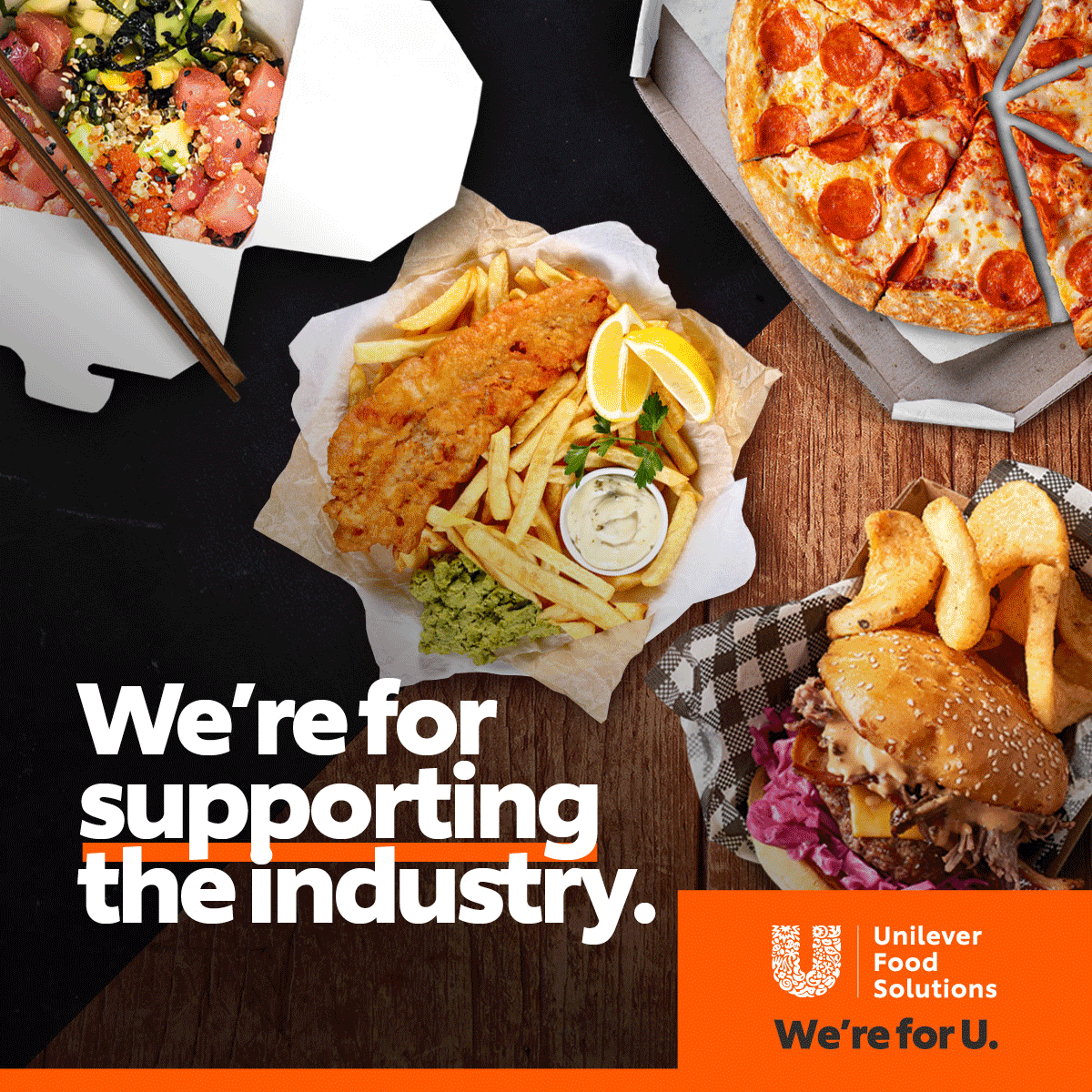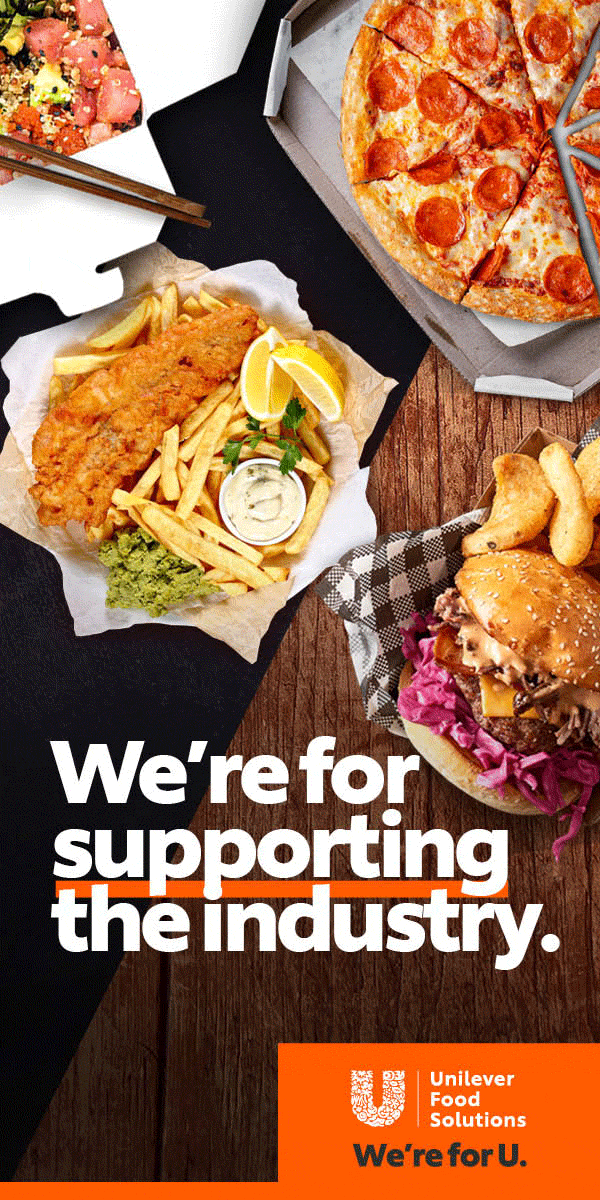Feature: Food service
A Moveable Feast:
Adapting to a COVID-19 world
With increasingly strict cleaning and social distancing regulations, how can a pub comply and still keep the punters coming? Emma Castle catches up with three of Australia’s leading food service experts to find out how.
Meet the experts:

Andrew Ballard
Corporate Executive Chef
Unilever Food Solutions
Andrew has worked in the foodservice industry for 18 years, starting out as a teenaged kitchen hand at a local restaurant. Before joining Unilever in 2015, he worked in both small and large establishments – from pubs and clubs, large catering groups, and fine dining.
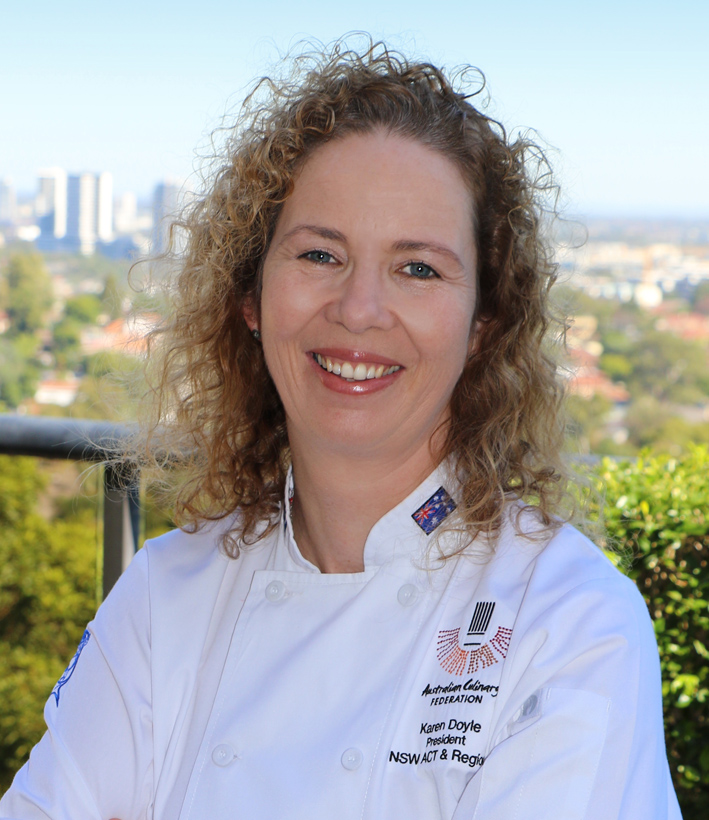
Karen Doyle
Program Manager for
Le Cordon Bleu Sydney
An awarded chef, international/national culinary judge and qualified adult educator, Karen Doyle is the Program Manager for Le Cordon Bleu Sydney. With more than 20 years industry experience in hospitality, patisserie and commercial cookery under her belt, Karen is also a familiar face at culinary competitions across Australia and internationally.
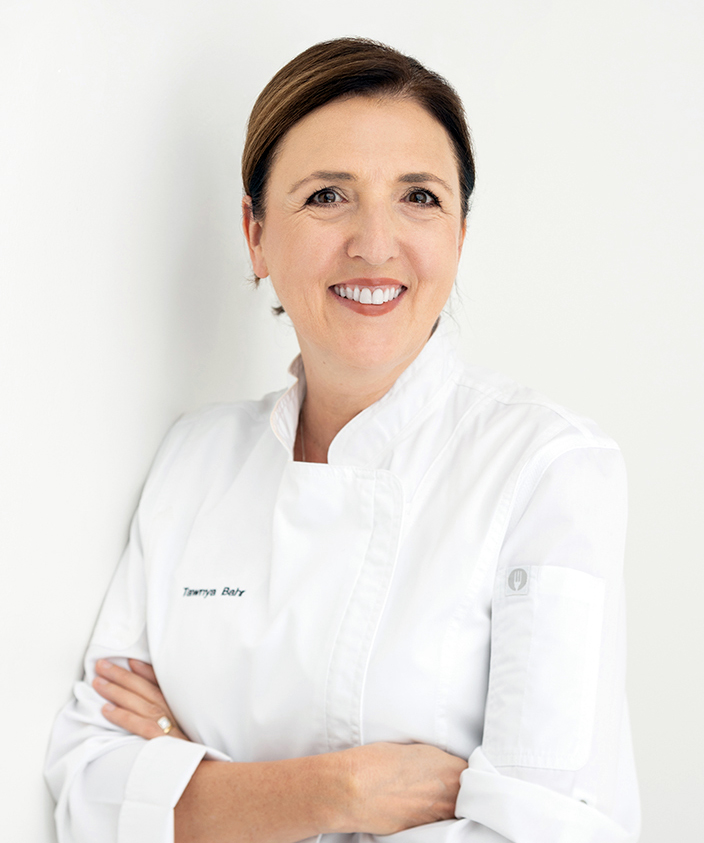
Tawnya Bahr
Chef, Educator
and Advisor
Tawnya Bahr is a leading food expert, industry advisor, qualified chef and partner of regional food tour company Straight To The Source. She uses her 23 years of foodservice experience as a platform to educate and share her knowledge of the local food landscape. Tawnya combines her extensive culinary and business experience to support hospitality establishments in redesigning food offerings, pivoting menus to include takeaway options and navigate the ever-changing COVID-19 minefield.
The 10 Commandments of COVID survival
Are you wondering where to focus your efforts to get through the rest of 2020 with your food service offering intact? We asked our experts and these are the adaptations, innovations and ideas that they predict will see you through.
Feature: Food service
Cut down your menu
“80 per cent of sales come from 20 per cent of the menu,” says Ballard.
Cut your menu down to the firm favourites and consider offering set menus instead of a la carte. The upside of this is that there’s a lot less food waste because you’re focusing on a few popular dishes rather than spreading your resources across a longer list of menu items.
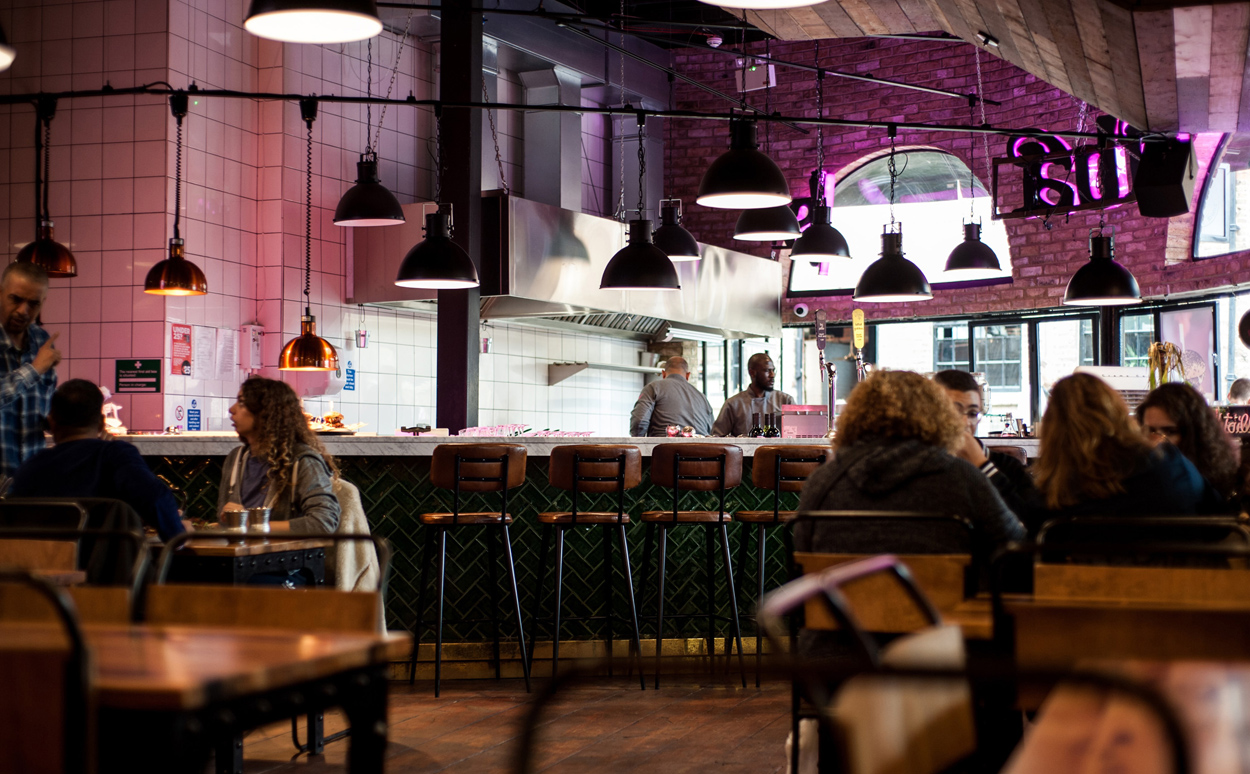
Differentiate yourself
If everyone is trimming down their menus to crowd pleasers only, you need to work out how your crowd pleasers are going to stand out for both in-house and take-away diners. Bahr says that venues can piggyback on special dates like Mother’s Day and Father’s Day or create their own festival or special event that includes dishes, as well as matched drinks.
Ballard says communicate with your customers via email and social media, and consider offering two-for-one specials to get people into the venues so you can then make money on the drinks.
For take-away, consider adding layers of experience to the ‘home’ version. Merivale at Home has created Spotify playlists to go with each of its home delivery options. Why not consider suggesting a movie to go with your weekly special? Or a TV show? Gelato Messina played around with this idea when they created the Game of Thrones range, with each character having their own special flavour.
Doyle says, “For takeaway, you need to focus on things that people won’t cook at home if you want to make profits and keep yourself in business”.
This means things like Beef Brisket or Braised Beef Short Ribs instead of steak, which simply won’t transport well.
Beyond the Takeaway Tuesday promotion that is being pushed by the Restaurant and Catering Association in partnership with Unilever Food Solutions, why not think about offering Date Night Packs or Trivia Night at home packs in collaboration with other local businesses?
“You can change your menu daily. That is the beauty … you don’t have to reprint a week’s worth of menus to update things. You can adapt to what people are liking and ordering,” says Doyle.
Create a retail offering
If your chefs are whipping up sauces, dressings and house-made pickles, why not expand that process to include a retail range? If your wood-fired oven is sitting idle, why not get on board with the sourdough craze and start offering freshly baked loaves?
Bahr says, “Bag up flour and oats or bottle your own BBQ sauces. Think about offering fruit and veg boxes in partnership with your local green grocers who might also be doing it tough. The benefit of this is that it keeps your brand front of mind through the ebbs and flows of the current situation, and gives you an additional revenue stream while there are restricted numbers on-site.”
Turn your buffet into a
manned food station
“Buffets are dead,” says Ballard. “Share plates are gone too for the time being.”
So what should people do with their buffet space?
It could be a big ask to rip out a buffet in the midst of all of this so venues need to find a way to make those spaces work for them. The answer is to convert them into manned food stations.
“What I would suggest is that you have a chef there serving the roast, veggies and sauce (or whatever you normally have on your buffet) for the diner,” says Ballard.
Bahr says, “It might be time to change; it might be time to retire the buffet. It’s the same outcome for the diners in terms of them choosing what they want from a selection, but a different outcome for the venue.”
This could also cut down on the inevitable buffet food waste caused by diners over-serving themselves, which could subsequently improve profitability for the venue anyway.
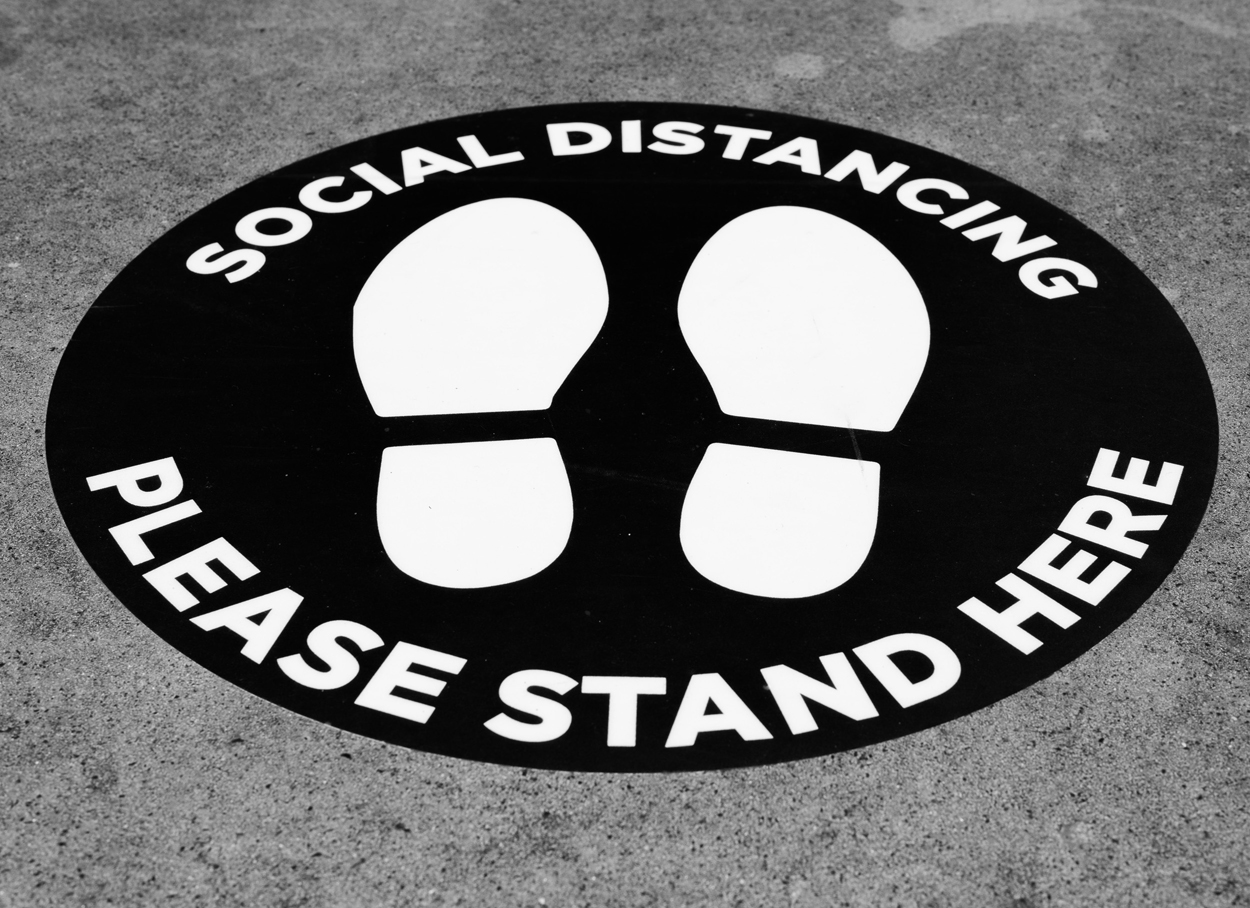
Introduce single-serve
condiments and cutlery
“Portion controlled condiments are going to replace the old squeezy bottles of sauces,” says Ballard.
From a sustainability perspective for take away, consider investing in disposables made of bamboo, corn starch and bio-plastics, and use paper bags or boxes instead of plastic bags for home delivery.
Conspicuous cleaning
“Sanitisers and cleaning products are the kind of thing you would’ve been mortified to have out in the past,” says Bahr.
But in today’s environment? Visually showing that you’re actively cleaning, and having your staff wearing gloves and masks is a good idea, despite the fact that it’s not mandatory.
Restaurant and Catering have created a whole hub on their website about this, but the main things to consider are: tracking and tracing upon entry, hand sanitiser at the entry ways, having everything brought to the table for single use, using contactless payment systems, and upgrading your cleaning chemicals to something a bit more heavy duty.
A lot of places will be employing COVID wardens to clean high touch point areas like doors and poker machine.
“You need to have a schedule in place of how often everything should be cleaned,” says Doyle.
Feature: Food service
Consider kids and pets in your
takeaway and home delivery menus
“If the children are happy then the parents are happy,” says Bahr. “And while a year ago, pub owners wouldn’t have thought for a second that they would be baking puppy treats, now is the time for creativity and innovation.”
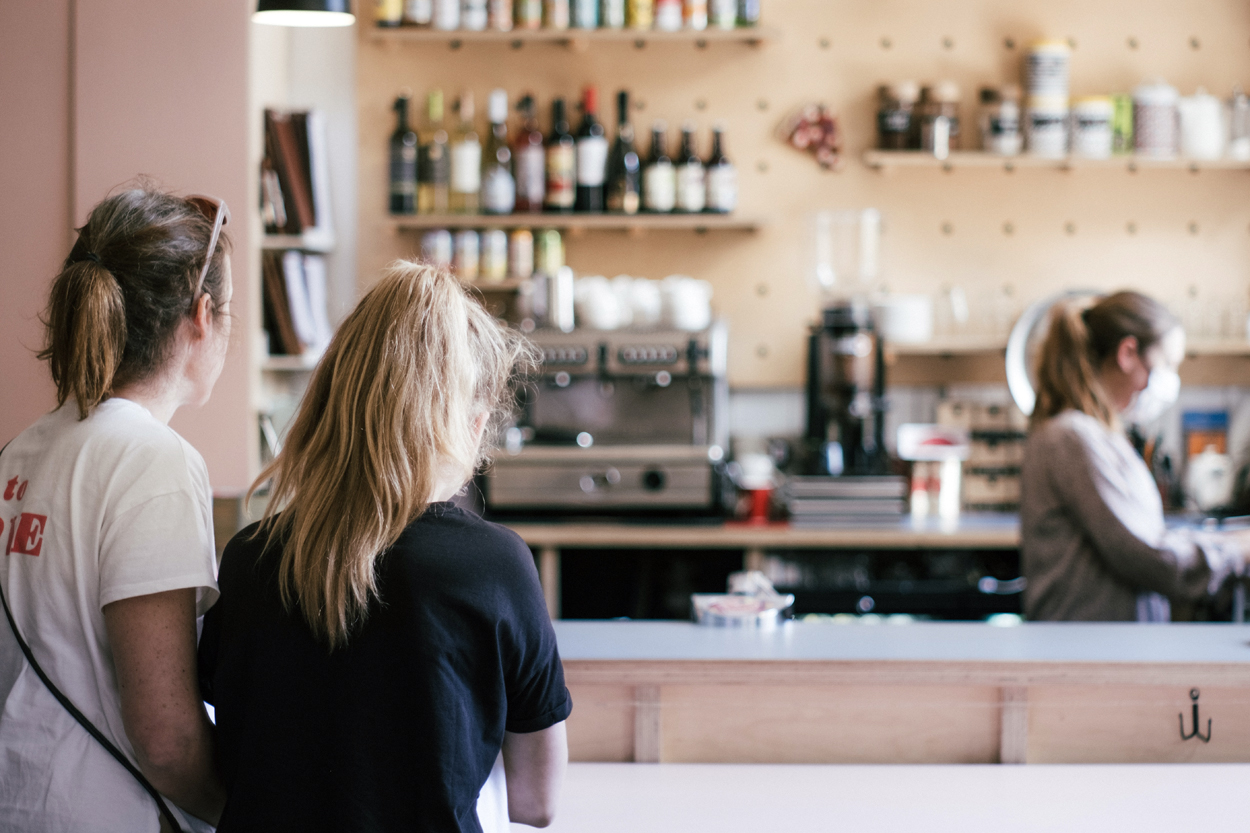
‘Cook at home’ or ‘Finish at home’
packs for takeaway
Beyond asking punters to either cook it themselves (ideally with instructions or a recipe) or finish certain dishes off themselves – especially things like dressing salads and warming up pies with puff pastry – Bahr says doing things like offering cookie dough that you bake at home for dessert is a way to win hearts.
Creativity and innovation
Social distancing can be made into a feature of your dining experience.
“I’ve seen people dining in a bubble and dining in an Igloo. I’ve also been to a great ramen place called Ippudo that takes your temperature when you come in,” says Ballard.
“Work from home lunches are a huge opportunity for delivery that many people aren’t doing,” adds Doyle.
Shorter sitting times and
credit card secured bookings
“The 7.30pm booking is over,” says Ballard. “We need to get as many diners through as possible with the restricted numbers so look at offering multiple sittings.”
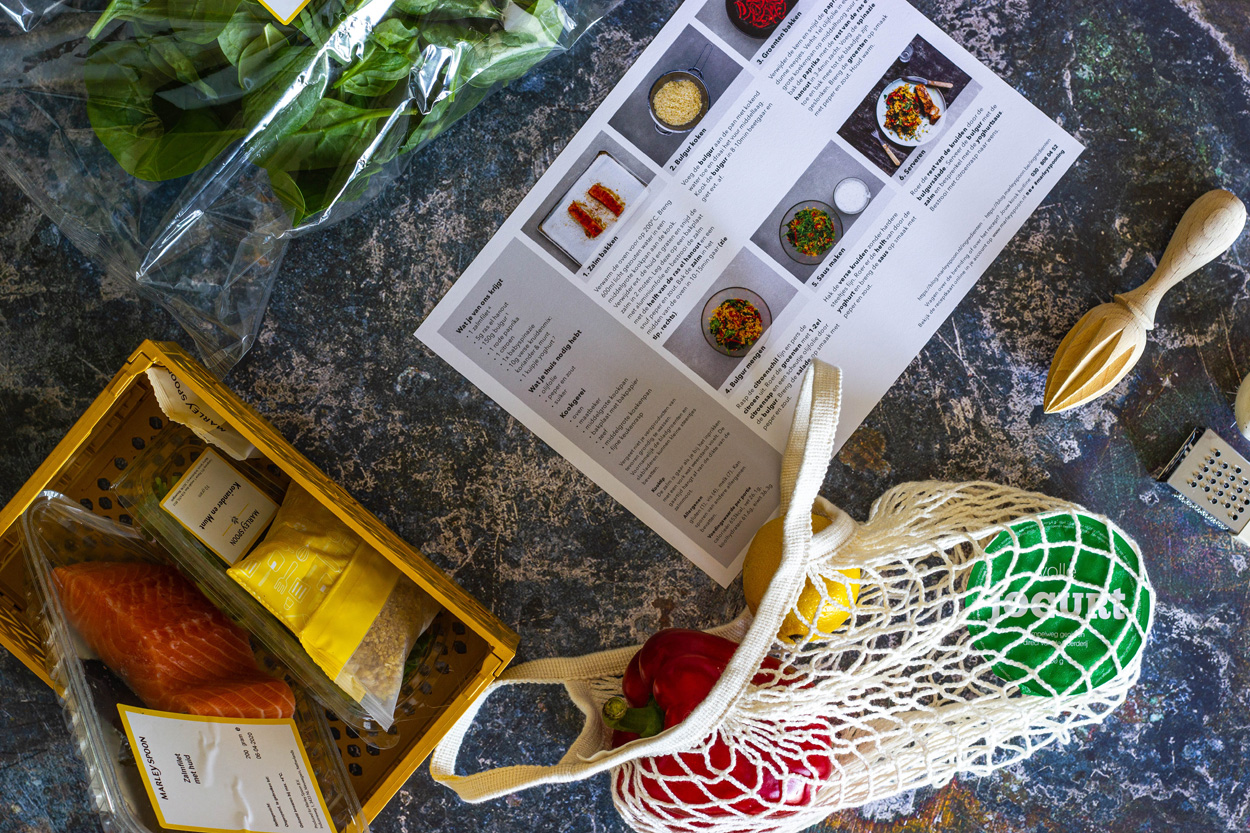
Food for thought
“Continue to think outside the box, find a new point of difference, keep innovating and if it doesn’t work, change it. We’re in this for the long haul,” says Bahr.
“We’re human beings – we like getting out of the house, so this isn’t going to be like this forever. Stay strong,” says Doyle.
“Stick with it. Have a nice cold beer at the end of service, and hopefully this [COVID-19] will be gone soon,” says Ballard.
Bundaberg Rum is inviting registrations of interest from venue operators across Australia to access $11.5m of funding under the Raising the Bar to help support the hospitality industry to recover from the impacts of COVID19 and reopen their doors. This is part of a $US100m global fund established by Bundaberg Rum’s parent company, Diageo.
The fund is designed to cover the costs of the additional equipment venues require to reopen their doors, including:
- Hygiene kits’ with high-quality permanent sanitiser dispensers, medical grade hand sanitiser and a range of PPE
- Contactless mobile device platforms for table booking, digital menus, and cashless payment systems
- Mobile bars, heaters, coverings, and furniture to support outdoor socialising
- Ventilation systems for indoor air cleaning
- Takeaway packages to include environmentally friendly cocktail or pint carriers
- Temperature scanners and perspex screens

